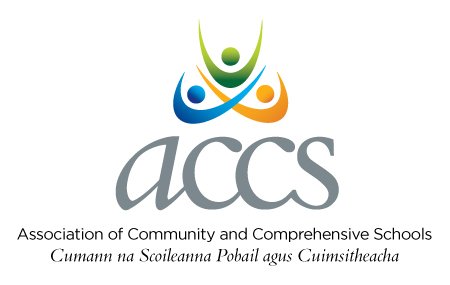Special Educational Needs
Last updated: Mon, Oct 14th, 2019 10:07:38 am
The passing of the Education for Persons with Special Educational Needs (EPSEN) Act (2004) requires that:
A child with special educational needs shall be educated in an inclusive environment with children who do not have such needs unless the nature or degree of those needs of the child is such that to do so would be inconsistent with the best interests of the child as determined in accordance with any assessment carried out under this Act, or the effective provision of education for children with whom the child is to be educated.
Special Educational Needs (SEN) are defined in the Act as:
a restriction in the capacity of the person to participate in and benefit from education on account of an enduring physical, sensory, mental health or learning disability, or any other condition which results in a person learning differently from a person without that condition..." (Section 1, [1]).
There is, consequently, an obligation on all schools to make due social and academic provision for the inclusion of children with SEN. Each school is obliged to prepare and to publish a policy statement for the Integration of Pupils with Special Educational Needs.
The EPSEN Act also provides for the establishment of the National Council for Special Education (NCSE) to assist and monitor the implementation of the provision contained in the Act. The NCSE has assigned a Special Education Needs Organiser (SENO) to each school. It is the role of the SENO to assess and to approve the necessary support services which are required to meet the needs of students in the school.
The Department of Education and Skills has recently published CL 08/2019 to advise schools that Special Education Teacher allocations will be updated for mainstream post primary schools with effect from September 2019. The Circular also provides details of the criteria which will apply to update schools’ profile allocations at this time.
This Circular should be read in conjunction with DES CL 14/2017 which set out details of the manner in which the new allocation model was introduced. It also set out details of the rationale for the introduction of the new allocation model which was based upon the recommendations of the National Council for Special Education Working Group Report: Delivery for Students with Special; Educational Needs: A Proposed New Model for Allocating Teaching Resources for Students with Special Educational Needs (2014)
Full details of the revised scheme and its proposed implementation are contained in CL 14/2017 and in:
Guidelines for Post-Primary Schools
Supporting Students with Special Educational Needs in Mainstream Schools.
This revised process will replace all previous regulations for the allocation of Special Education learning support for Post Primary schools.
Home School Tuition Grant Scheme
Provision is made for the provision of a compensatory educational service for children who, for a number of specific reasons, are unable to attend school. It should be noted that the Home Tuition Grant Scheme is not an alternative to a school placement and is provided in very limited and specific circumstances.
Current details of the scheme are outlined in DES CL 43/2019

